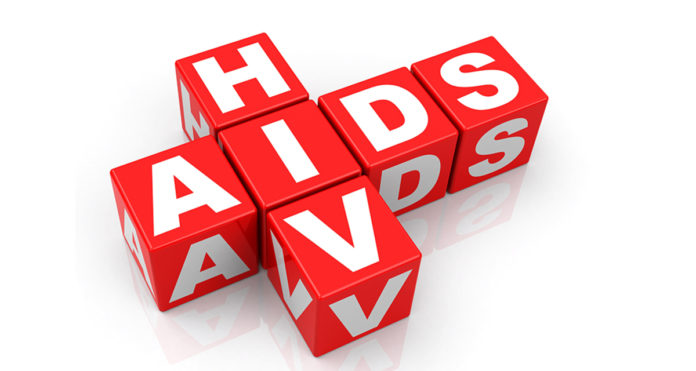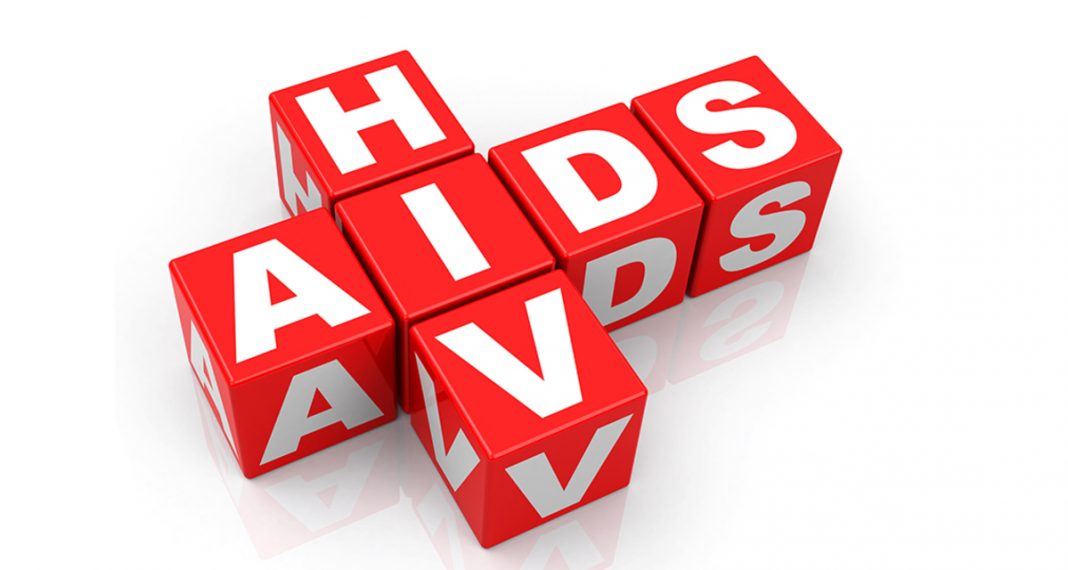
Dr. Kyeremeh Atuahene, the Director-General of the Ghana AIDS Commission, has brought to light the challenging situation faced by the commission in providing anti-retroviral drugs to persons living with HIV.
Financial constraints have compelled the commission to ration the distribution of these crucial medications.
In an interview on Eyewitness News, Dr. Atuahene explained that due to the lack of sufficient government support, the commission has had to distribute anti-retroviral drugs for HIV patients over a shorter duration.
Instead of the intended six months, patients receive medicines between two to three months, which poses significant difficulties in meeting the demand for these life-saving drugs.
To address this funding shortfall, Dr. Atuahene made a heartfelt appeal to individuals and groups to extend their support by contributing to the AIDS fund.
The funding gap is considerable and hampers the commission’s ability to provide essential medication to those in need.
He likened the situation to people reliant on oxygen, where running short of medicine could lead to devastating consequences, and stressed the urgency of the matter.
Dr. Atuahene expressed the pressing need for financial aid, as there is currently no specific budgetary allocation for HIV programs.
While some assistance is occasionally received from the National Health Insurance Scheme (NHIS), the funding gap remains as high as 66%.
To contribute to the AIDS fund, he encouraged Ghanaians to dial USSD *989# to make donations.
In a related development, Ghana recorded a total of 16,574 new cases of Human Immunodeficiency Virus (HIV) infections in 2022. This figure represents a slight decrease from the 18,036 infections reported in 2021.
The new HIV infections span across all age groups, including 13,706 cases for individuals aged 15 years and above, 2,180 cases for children between zero to 14 years, 645 cases for adolescents aged 10 to 19 years, and 739 cases for young people between 15 and 24 years of age.
This data was released by the Ghana AIDS Commission in Accra on Tuesday.
